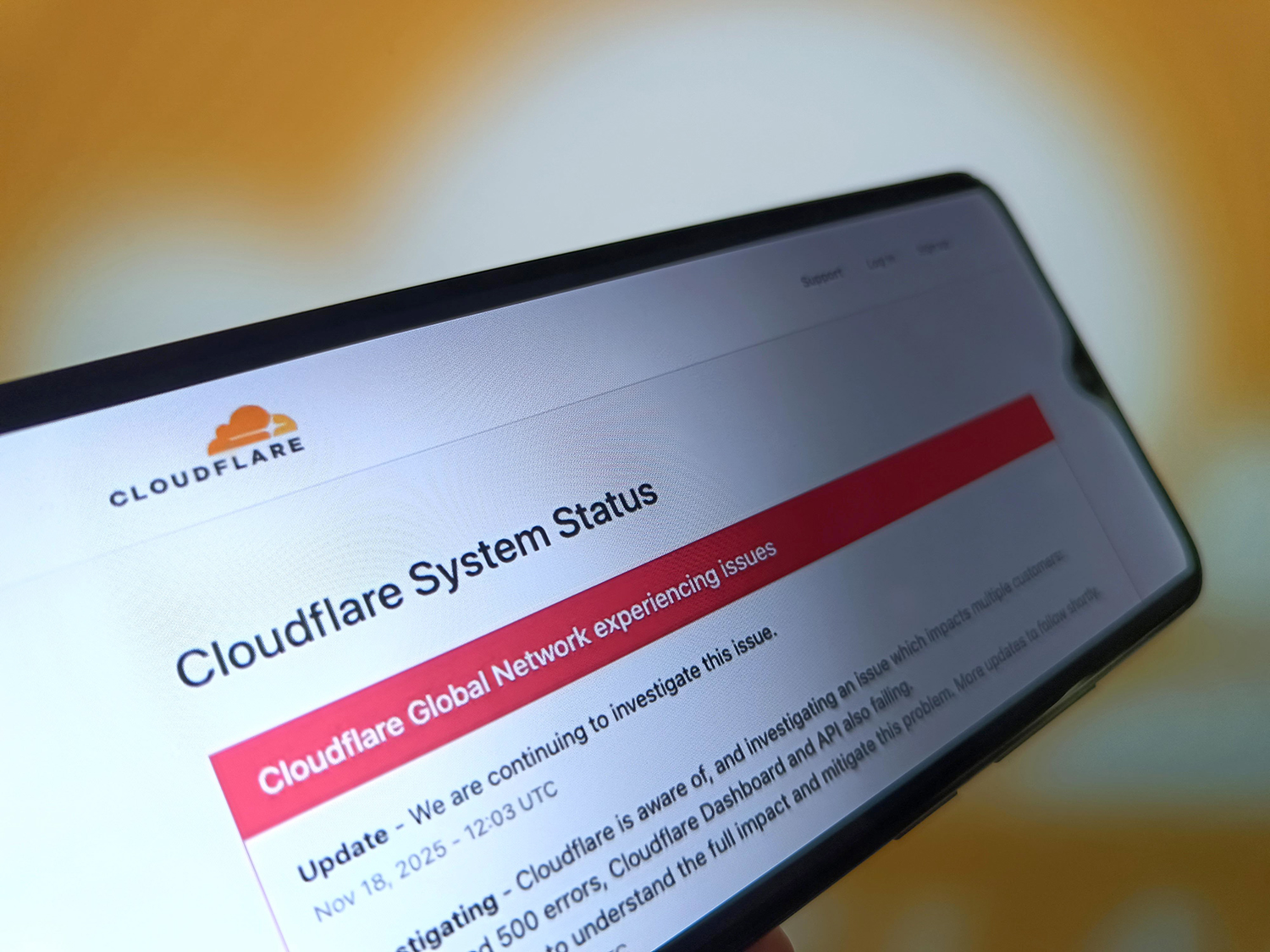Microsoft, Activision and the battle with competition tsars
A giant gaming deal has highlighted the shifting attitudes of global regulators

A free daily email with the biggest news stories of the day – and the best features from TheWeek.com
You are now subscribed
Your newsletter sign-up was successful
In a “striking show of leniency by a notoriously tough regulator”, the European Commission has approved Microsoft’s $69bn megadeal with games-maker Activision Blizzard, said DealBook in The New York Times – just weeks after the UK’s competition regulator threw it out.
The eurocrats are satisfied with Microsoft’s concessions: namely a pledge to make top titles like Call of Duty and World of Warcraft available to rival gaming platforms such as Sony and Nintendo for the next ten years. The UK’s Competition and Markets Authority, by contrast, argues the Seattle software giant “could end up dominating the nascent business of cloud gaming – and that no solution apart from selling off big chunks of Activision would be acceptable”. The US has yet to formally pronounce. “Microsoft and others are left trying to navigate an increasingly complicated thicket of global rules, where regulators are coming to very different conclusions about the same issues.” Given the size of the British, European and US markets, “simply ignoring one of them is impossible”.
‘Closed for business’
“It might not be as exciting as a shoot-out” in Call of Duty, but the EU’s decision is a landmark, said Matthew Lynn in The Daily Telegraph. It’s also a sign that “something has gone badly wrong in Britain”. You can argue the finer points of the games market, but what on earth was the point of Brexit if the UK is now taking a tougher stance on regulation than Brussels? If even the EU’s competition tsar, Margrethe Vestager – no pushover – thinks the deal is okay, there are surely questions about the CMA’s stance. It looks as if we are indeed “closed for business”.
The Week
Escape your echo chamber. Get the facts behind the news, plus analysis from multiple perspectives.

Sign up for The Week's Free Newsletters
From our morning news briefing to a weekly Good News Newsletter, get the best of The Week delivered directly to your inbox.
From our morning news briefing to a weekly Good News Newsletter, get the best of The Week delivered directly to your inbox.
The regulator’s new boss, Sarah Cardell, is certainly feeling the heat, said Alex Hern in The Guardian. Summoned by MPs this week, she was forced to deny that she had blocked the deal “on the orders” of the US Federal Trade Commission.
‘Down to the wire’
The alternative view is that the Commission has gone out on a limb here, said Bloomberg – and that the CMA was right. Cardell is no outlier, said the FT’s Due Diligence newsletter. America’s trust-busting duo – Lina Khan of the FTC and Jonathan Kanter of the Department of Justice – are only “just getting started” on a tough new regimen aimed at protecting workers and independent businesses, as well as consumers. “Khan and Kanter aren’t just in the game to block deals, they want to scare chief executives from even thinking about doing transactions that promote rampant consolidation.”
Where does this leave Microsoft and Activision? With a deal set to go “down to the wire”, said Dan Gallagher in The Wall Street Journal. It could be a long, hot summer.
A free daily email with the biggest news stories of the day – and the best features from TheWeek.com
-
 Nuuk becomes ground zero for Greenland’s diplomatic straits
Nuuk becomes ground zero for Greenland’s diplomatic straitsIN THE SPOTLIGHT A flurry of new consular activity in the remote Danish protectorate shows how important Greenland has become to Europeans’ anxiety about American imperialism
-
 ‘This is something that happens all too often’
‘This is something that happens all too often’Instant Opinion Opinion, comment and editorials of the day
-
 House votes to end Trump’s Canada tariffs
House votes to end Trump’s Canada tariffsSpeed Read Six Republicans joined with Democrats to repeal the president’s tariffs
-
 Silicon Valley: Worker activism makes a comeback
Silicon Valley: Worker activism makes a comebackFeature The ICE shootings in Minneapolis horrified big tech workers
-
 AI: Dr. ChatGPT will see you now
AI: Dr. ChatGPT will see you nowFeature AI can take notes—and give advice
-
 Why 2025 was a pivotal year for AI
Why 2025 was a pivotal year for AITalking Point The ‘hype’ and ‘hopes’ around artificial intelligence are ‘like nothing the world has seen before’
-
 Metaverse: Zuckerberg quits his virtual obsession
Metaverse: Zuckerberg quits his virtual obsessionFeature The tech mogul’s vision for virtual worlds inhabited by millions of users was clearly a flop
-
 The robot revolution
The robot revolutionFeature Advances in tech and AI are producing android machine workers. What will that mean for humans?
-
 Texts from a scammer
Texts from a scammerFeature If you get a puzzling text message from a stranger, you may be the target of ‘pig butchering.’
-
 Blackouts: Why the internet keeps breaking
Blackouts: Why the internet keeps breakingfeature Cloudflare was the latest in a string of outages
-
 AI agents: When bots browse the web
AI agents: When bots browse the webfeature Letting robots do the shopping